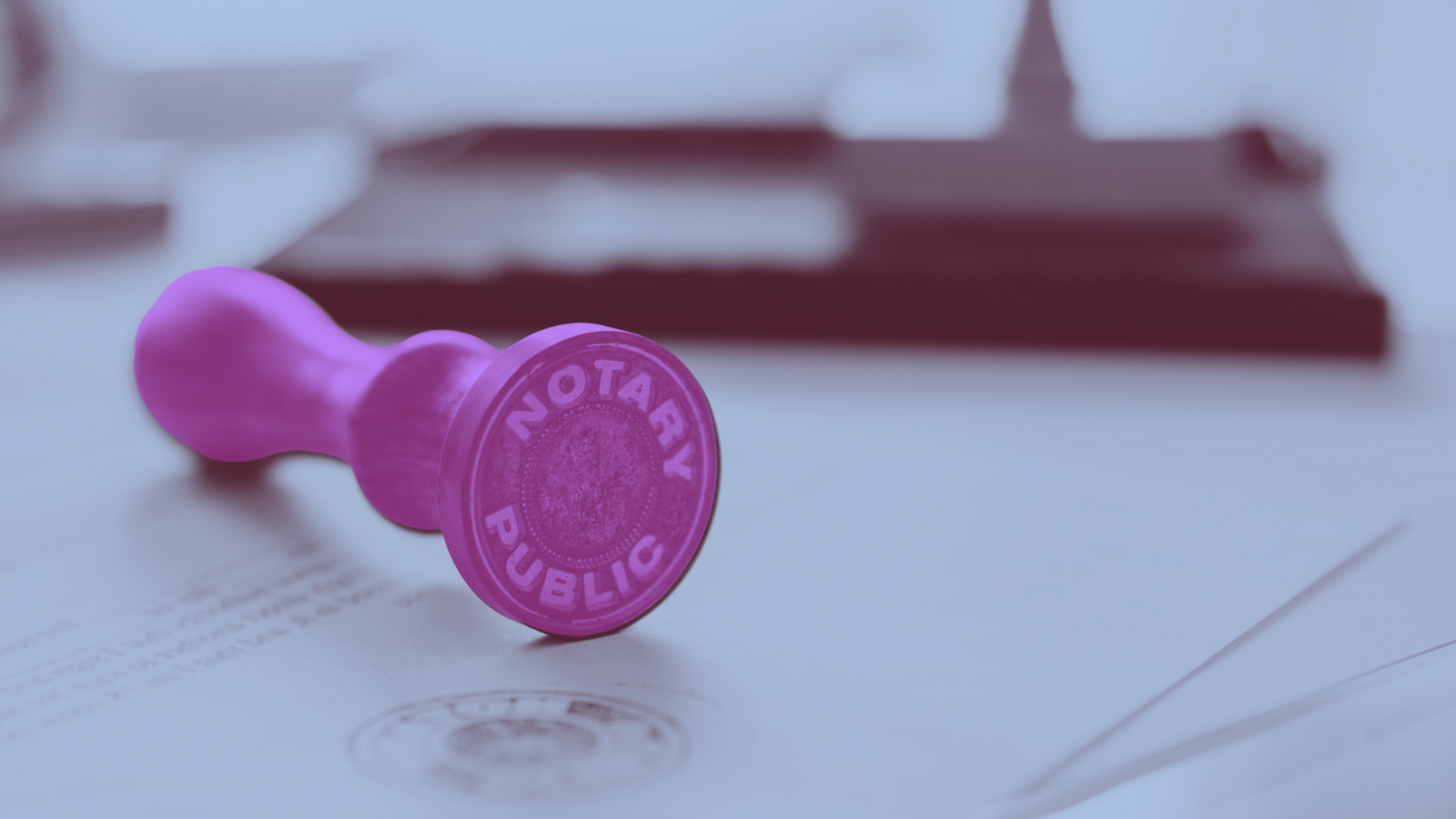
While technology has made documentation faster and more convenient, it has also magnified long-standing concerns about authenticity, consent, and privacy. Amid these changes, one tradition in law continues to hold its ground: notarization.
Far from being a mere formality, notarization remains a critical step in validating documents, protecting parties, and preserving trust. When a notary public affixes their seal to a document, it becomes more than a signature on paper—it becomes a public instrument recognized under the Rules of Evidence. This means that the document carries presumptive authenticity: it is presumed to be valid, regular, and executed voluntarily unless proven otherwise.
For lawyers, this distinction is crucial. A properly notarized document doesn’t just comply with legal requirements; it strengthens enforceability. It helps prevent disputes about authorship, coercion, or identity, and provides a stronger foundation in litigation or contract enforcement.
In an era where falsified identities and forged signatures are increasingly common, notarization provides a layer of verification that automated systems alone can’t always guarantee.
The notary’s role is to confirm the signer’s identity, ensure their understanding of the document, and verify their willingness to sign. This process eliminates ambiguity and reduces the risk of fraud—safeguarding not only clients but also the legal professionals who represent them.
Every time a document changes hands, there’s a risk of sensitive information being exposed. A notarized document mitigates that risk by serving as a single, verified source of truth. Instead of requiring repeated identity checks or multiple attestations, the notarized act itself establishes authenticity and authority that institutions can rely on.
For law firms handling client data, notarization helps minimize unnecessary data sharing and ensures that confidential information stays where it should: within the transaction it was meant for.
Notarization may be one of the oldest legal practices still in use, but it continues to evolve alongside technology and regulation. Whether it’s a property deed, affidavit, or power of attorney, that notarial seal remains a tangible mark of assurance that all parties acted knowingly and willingly.
With NotarizeIT, we’re building on the same legal and ethical foundations that have guided notarization for centuries — only now, it’s digital.
Our platform enables Electronic Notaries Public (ENPs) to perform secure, compliant, and verifiable notarizations fully online, in alignment with the Supreme Court’s 2020 Rules on Electronic Notarization, the Data Privacy Act of 2012, and the Electronic Commerce Act of 2000 (RA 8792).
Every transaction on NotarizeIT is encrypted, identity-verified, and tamper-sealed, ensuring that digital convenience never comes at the cost of legal integrity.
Because notarization may be evolving — but its purpose remains the same: to protect, verify, and uphold trust.